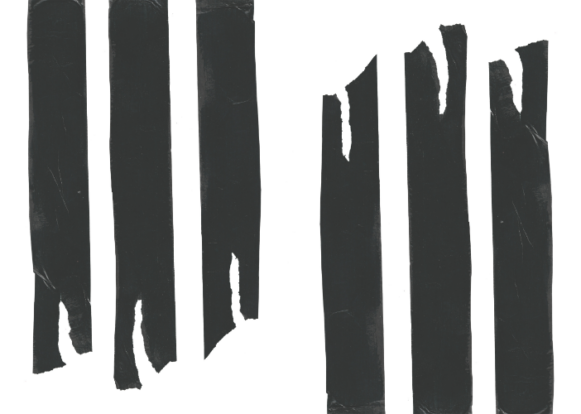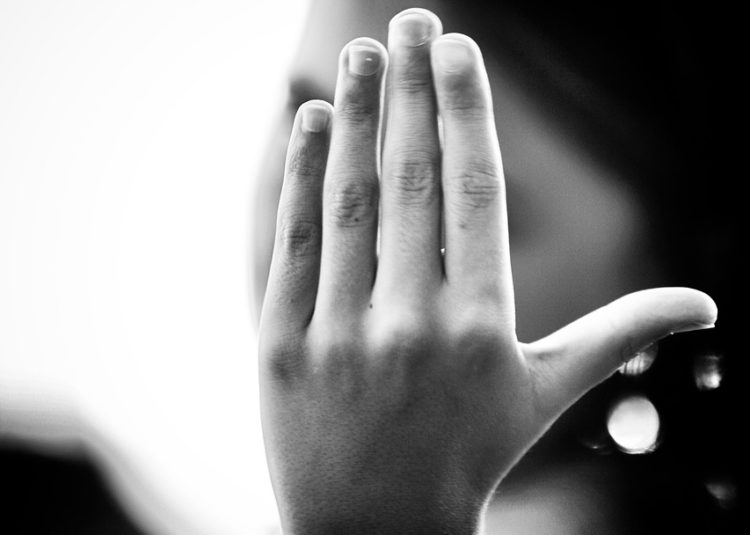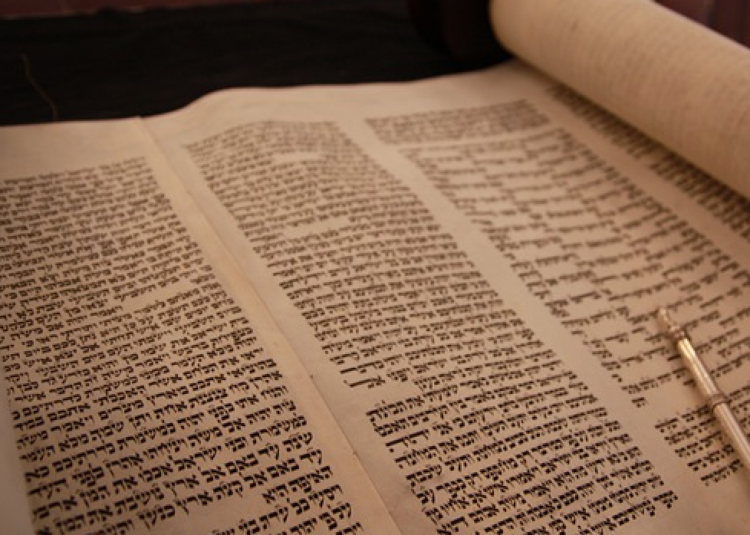Featured Post
The Horror of These Times: A Reading List
With pain in our hearts for losses past and, we fear, losses yet to come, Lilith will in coming weeks and months continue to publish the stories of Jewish feminists about terror, loss, displacement, and connection.






